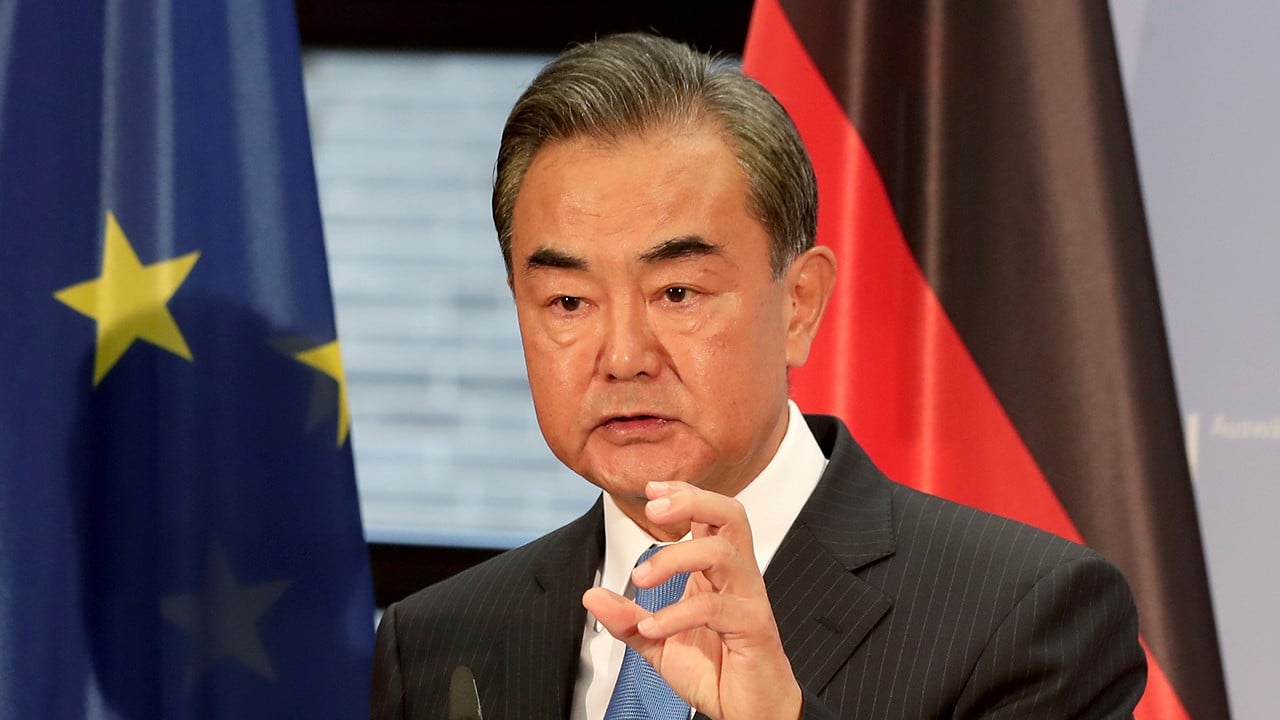
China eases foreign investment restrictions on negative list ahead of latest EU talks
- China’s 2020 list of industries that are either restricted or prohibited for foreign investors has been cut to 123, from 131 last year
- Publication comes as China and the European Union gear up for latest investment talks, with market access still a stumbling block
The 2020 list of industries that are either restricted or prohibited has been cut to 123, according to a document released by the National Development and Reform Commission on Wednesday, compared with 131 sectors on the 2019 list.
Among the changes, foreign companies are now allowed to explore for, and produce, oil and gas in China. The restriction on foreign firms seeking to carry out carbon emission assessment in China was also lifted.
Industries not on the list are open for investment to all and require no approval.

04:45
China’s most-senior diplomats, Wang and Yang, conclude back-to-back visits to Europe
The EU has also been pushing China to meet high standards on market openness and the protection of labour rights and the environment.
Zhang Ming, Beijing’s envoy to Brussels, said last week that differences between the two sides have been narrowed and negotiations on market access and sustainable development were intensifying.
Both sides want to wrap up the deal by the end of the year, but the impact of the Covid-19 pandemic and tensions over issues such as Hong Kong and Xinjiang have increased doubts about whether this can be achieved.


